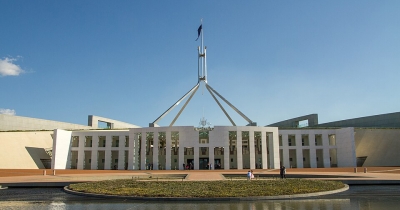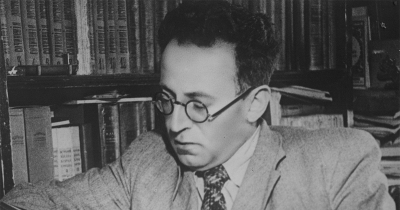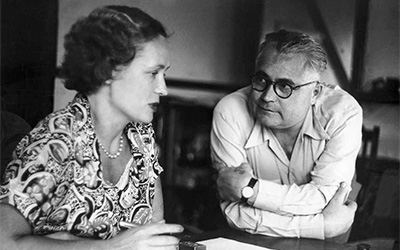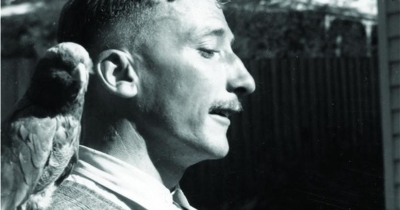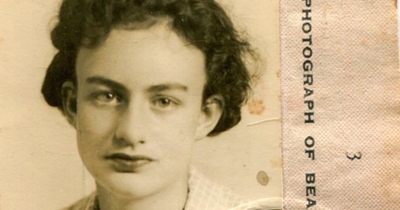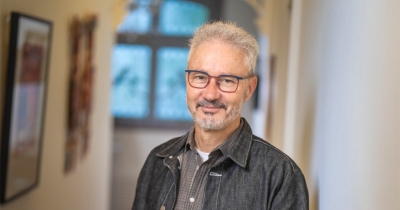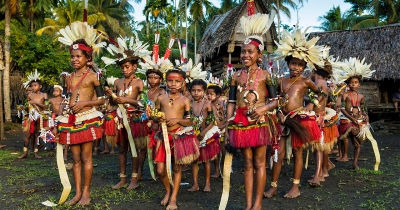Commentary
As we go to press, a May federal election seems likely – though anything seems possible in 2025. Last November, we invited a number of key commentators to reflect on the US presidential election, with a particular focus on the Australian obsession with American politics. As Australians prepare to vote, we wanted to do something similar – to come at our election from a different angle.
... (read more)Reading fiction is an intimate business. For ten, fifteen, twenty hours of glorious solitude, you engage with ideas, events, and, most especially, characters located in periods and places not your own. The connection with fictional characters can sometimes feel more real and enduring than relationships with real people. For a few years in my youth, I was so deeply attached to the young Hurtle Duffield in Patrick White’s The Vivisector that I wrote a short story in which Hurtle and I lived with Patrick White and Virginia Woolf in Bloomsbury.
... (read more)On a Tuesday morning in April 1954, Australians awoke to sensational headlines. The wife of Soviet diplomat Vladimir Petrov, who had recently sought asylum in Australia, was dragged aboard an aircraft in Sydney, as an impassioned, noisy crowd of a thousand tried to prevent her departure. Whether you were a dock worker or a stockbroker, your morning newspaper carried some version of what has become the Petrov Affair’s most iconic image: Evdokia Petrova, shoeless and eyes streaming, flanked by two bulky Soviet couriers, marching her across the tarmac. By all appearances, a terrified Russian woman was dragged, unwillingly, towards a dire fate in the Soviet Union.
... (read more)February 8 will mark the centenary of the birth of Francis Webb (1925-73). Many will ask ‘Francis who?’ as I did at the start of my PhD on Christian mysticism in Australian poetry, when Petra White told me, ‘You have to read Francis Webb.’ I soon found myself reading the 1969 edition of Webb’s Collected Poems in a Richmond café. It was a sturdy, well-thumbed Angus & Robertson hardback with a purple, pink, and white cover bearing a quote from British poet and critic Sir Herbert Read: ‘A poet whose power, maturity and universality are immediately evident.’ In his five-page preface, Read examined Webb’s debts to Robert Browning, Gerard Manley Hopkins, and Kenneth Slessor, before concluding:
... (read more)A year before her death in 2000, Judith Wright’s autobiography Half a Lifetime was published. The phrase ‘female as I was…’ peppered her stories. Miles Franklin’s Sybylla Melvyn had been a childhood idol. Wright conceded that Sybylla’s use of a stockwhip to assert power might have seemed ‘a little over the odds’. Then: ‘but if you had to?’
... (read more)Recently, I attended an annual conference organised by research postgraduates at my university in Brisbane. The papers ranged across a range of disciplines in humanities research. The presenters were all local, with one exception. The keynote was delivered by an associate professor from another Australian university – less about the substantive content and impact of her own research than on the colonialist attributes of the humanities and social sciences.
... (read more)W.E.H. Stanner’s coinage ‘the great Australian silence’ must be one of the best known in Australia’s modern history. It must also rank alongside Donald Horne’s ‘the lucky country’ as one of the least understood.
There is nothing remarkable about this phenomenon. The way a text is received by readers and listeners is seldom in keeping with its creator’s purpose or intention. This is so for several reasons. Most importantly perhaps, any text is open to being read in multiple ways, and in the case of canonical texts like Stanner’s that reception is usually fundamental to its impact.
... (read more)Would it all have turned out differently had InterActiveCorp stared down the online mob? In December 2013, a public relations executive with the company, Justine Sacco, posted a joke on social media, satirising American insularity and racism. Sacco was about to board a flight to South Africa, from where her anti-apartheid family had emigrated, when she tweeted: ‘Going to Africa. Hope I don’t get Aids. Just kidding, I’m white.’ While Sacco was in the air and offline, her tweet went viral. A social media mob condemned her as a racist, established that she worked at InterActiveCorp, and pressured the company to sack her. ‘We are about to watch this @JustineSacco bitch get fired. In REAL time,’ posted one of her critics. The company duly sacked her.
... (read more)A recent advertisement in The Guardian headed ‘Can’t get enough of the US election?’ prompted reflections on our seeming obsession with the current presidential campaign. Myriad readers follow the contest closely, almost compulsively. On the hour, we check the major websites for the latest polls or Trumpian excesses. In a way, the election feels more urgent, galvanising, consequential, and downright entertaining then next year’s federal election.
... (read more)Everyone gets at least one lucky break in life, or so the saying goes. For me, one of the luckiest was a childhood spent in Papua New Guinea (PNG). In 1966, my father left Melbourne for what was then the Territory of Papua and New Guinea, prompted by curiosity and the opportunity to work on kuru, a fatal neurogenerative disease affecting the Fore people of the Eastern Highlands. My mother joined him two years later, in 1968, and in PNG they remained until 1990.
... (read more)

